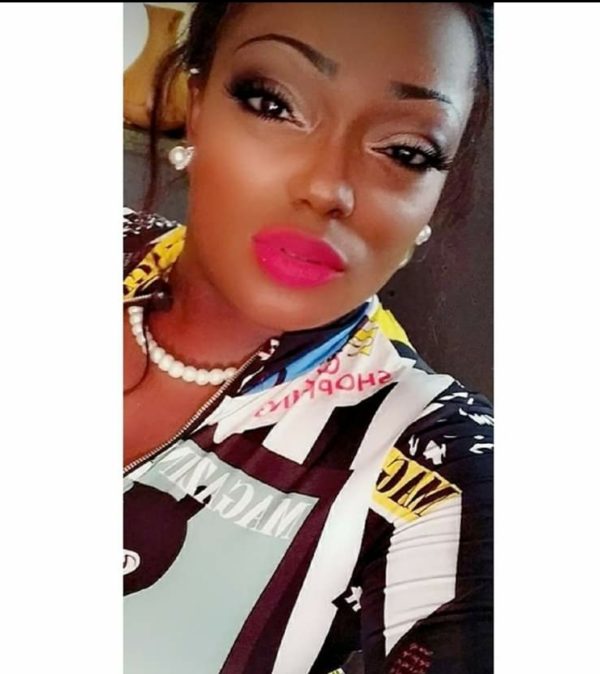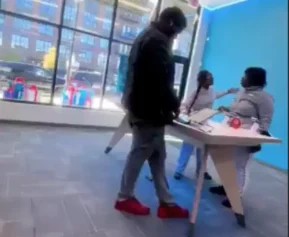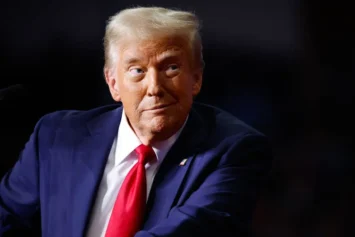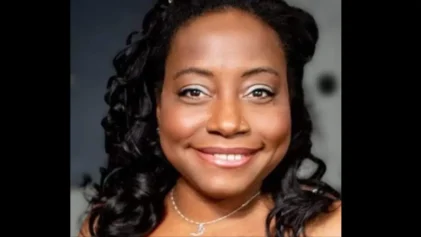Tiffany Pinckney, a mother of two, remembers the harrowing day she was diagnosed with COVID-19.
She reflected on the chills, followed by a fever, and at that time making the decision to self-isolate from her two boys, ages 9 and 16.

“I remember being on my bathroom floor crying and praying,” the 39-year-old New York resident told The Associated Press.
So when Pinckney made a full recovery from the virus she did not hesitate when her doctor asked her to consider donating her plasma to others fighting against the novel virus.
“It’s definitely overwhelming to know that in my blood, there may be answers,” she said to the news source.
Pinckney is considered one of the first survivors to donate her plasma as part of an experimental plasma therapy program aimed at aiding those battling the contagion. The Mayo Clinic, under the supervision of the Food and Drug Administration, established the new program in early April.
The treatment regimen underlying the program is not billed as a direct way of ridding the body of the novel virus, but it has been regarded by doctors as a hopeful effort backed by science.
The idea behind the initiative is that antibodies, blood proteins that the immune system produces to attack pathogens, are viral fingerprints that remain long after infections have cleared. Sensitive tests can detect antibodies in people who’ve never felt a single symptom of SARS-Cov-2 (the virus’s formal name). The hope is that antibodies from recovered patients like Pinckney could be used to fight the virus in still-infected patients.
As of Monday, April 27, approximately 2,576 people have been infused under the program, according to uscovidplasma.org. When asked about the concept as portrayed by Dr. Jacob Glanville, who was featured in Netflix’s “Pandemic” series, Dr. Anthony Fauci called his attempt to mutate a series of antibodies that were successful in combating the SARS outbreak nearly 20 years ago an “old concept.”
“I don’t know this specific individual, what they’re doing, but I can tell you there’s a lot of activity that is centered around a passive transfer of antibodies in the form of convalescent plasma,” the National Institute of Allergy and Infectious Disease director told Deadline in an April 1 article.
“In fact, immunology was born decades and decades ago with the concept of giving passive transfer of serum to an individual to protect them,” Fauci added. “So I wouldn’t be surprised if he and a number of other people are pursing this. It’s the right thing to do.”
Dr. David Reich, president of New York’s Mount Sinai hospital, said the call to action still offers a sense of hope for those who have been diagnosed with the virus. It’s exactly what happened when Reich told Pinckney she was free of the infection and rushed to collect her plasma in March.
“There’s a tremendous call to action,” he said to The Associated Press. “People feel really helpless in the face of this disease. And this is one thing that people can do to help their fellow human beings.”


